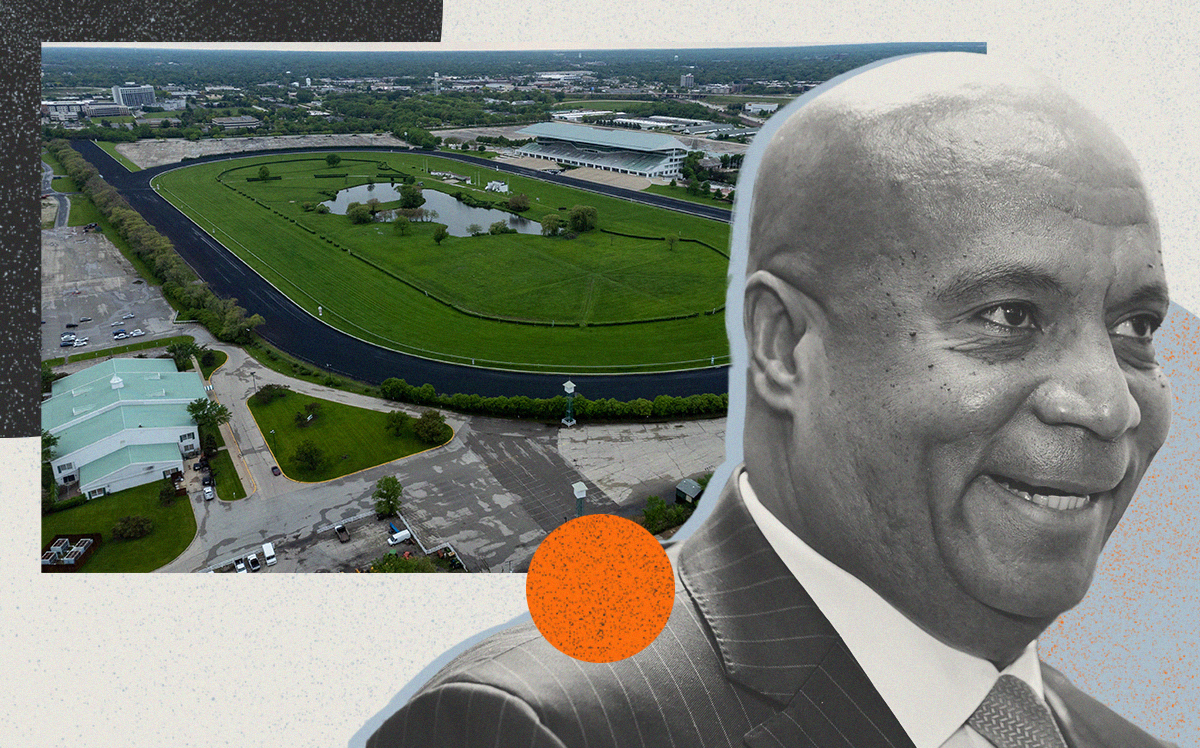The Bears are about to have their first fight in Arlington Heights, and it won’t involve football but another favorite pastime of Chicagoans: challenging property tax assessments.
Cook County Assessor Fritz Kaegi reset the land value of the former Arlington International Racecourse to $197 million, a nearly six-fold increase from its previous tax value of roughly $33.5 million, the Daily Herald reported. That’s also slightly less than $197.2 million the NFL team agreed to pay for the site, where it plans to build a $5 billion district including a stadium and other retail and commercial assets.
In an effort to escape the sudden tax hike, the Bears filed an appeal to the three-member Cook County Board of Review, and called the new assessment “excessive.” If the assessment stands, it would cost the Bears roughly $15 million in a year in additional taxes compared to the previous valuation.
“We want to pay our fair share,” the Bears said in a statement. “But the proposed assessment of the unoccupied property we purchased, and the taxes associated with it, would be more than five times what the property generated when it had an income-producing racetrack operating on it. Arlington Park would not be redeveloped by anyone at such an excessive property tax rate.”
Scott Smith, Kaegi’s chief of staff, defended the evaluation, saying factors such as the recent sale of the property, a cost analysis and other recent transactions for large pieces of land in the Northwest suburbs were taken into account.
“In each approach, we found the market value to be consistent with both the Bears’ recent purchase price and other large properties which were purchased for redevelopment,” Smith said.
Although the site isn’t generating revenue at the moment, Smith added that the Bears haven’t applied for vacancy status on the property, which “has the capacity to be fully functional today.” Maintenance costs and depreciation also played a role in the assessment.
Board of the Review Commissioner Samantha Steele said the appeal could take a while due to the size and complexity of the case. If the Bears aren’t pleased with the result, the team could take the appeal to a state agency, the Property Tax Appeal Board, or challenge the assessment in a lawsuit filed in state court.
— Quinn Donoghue
Read more



